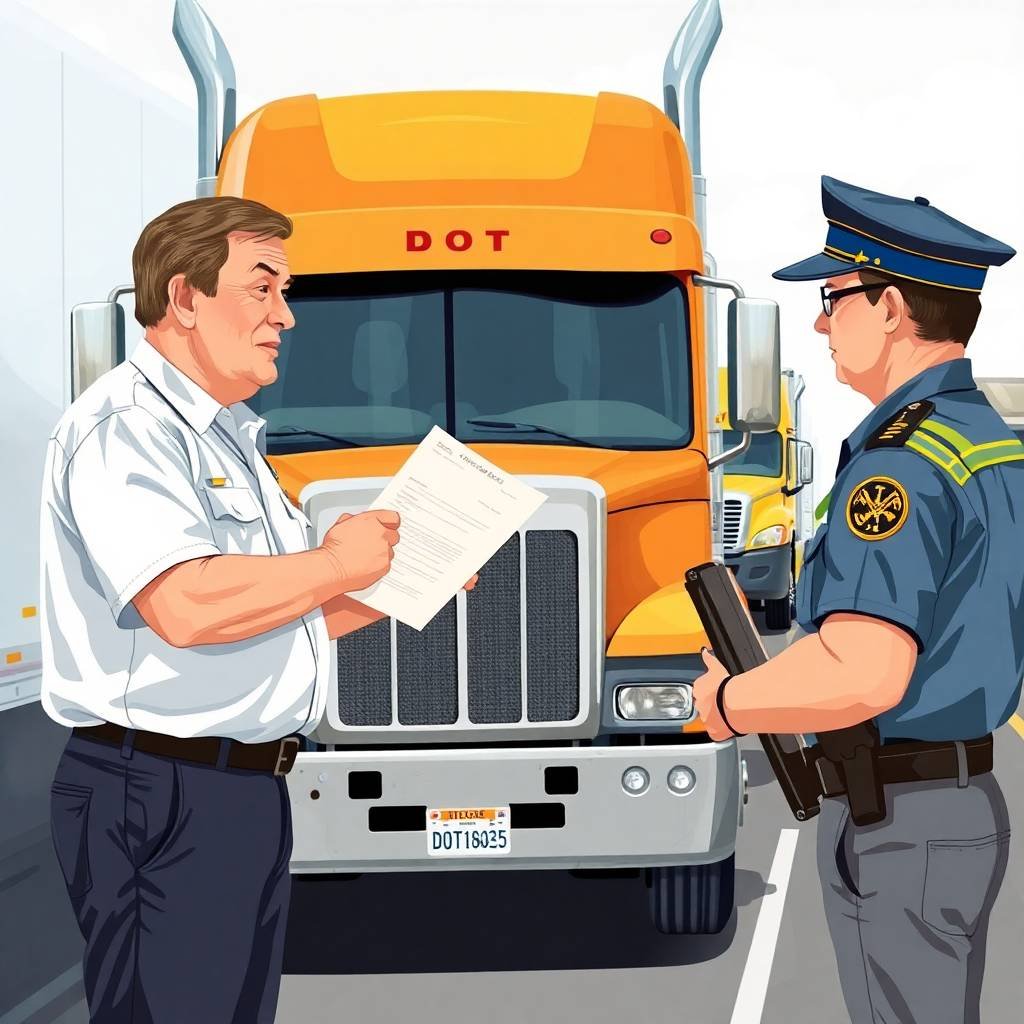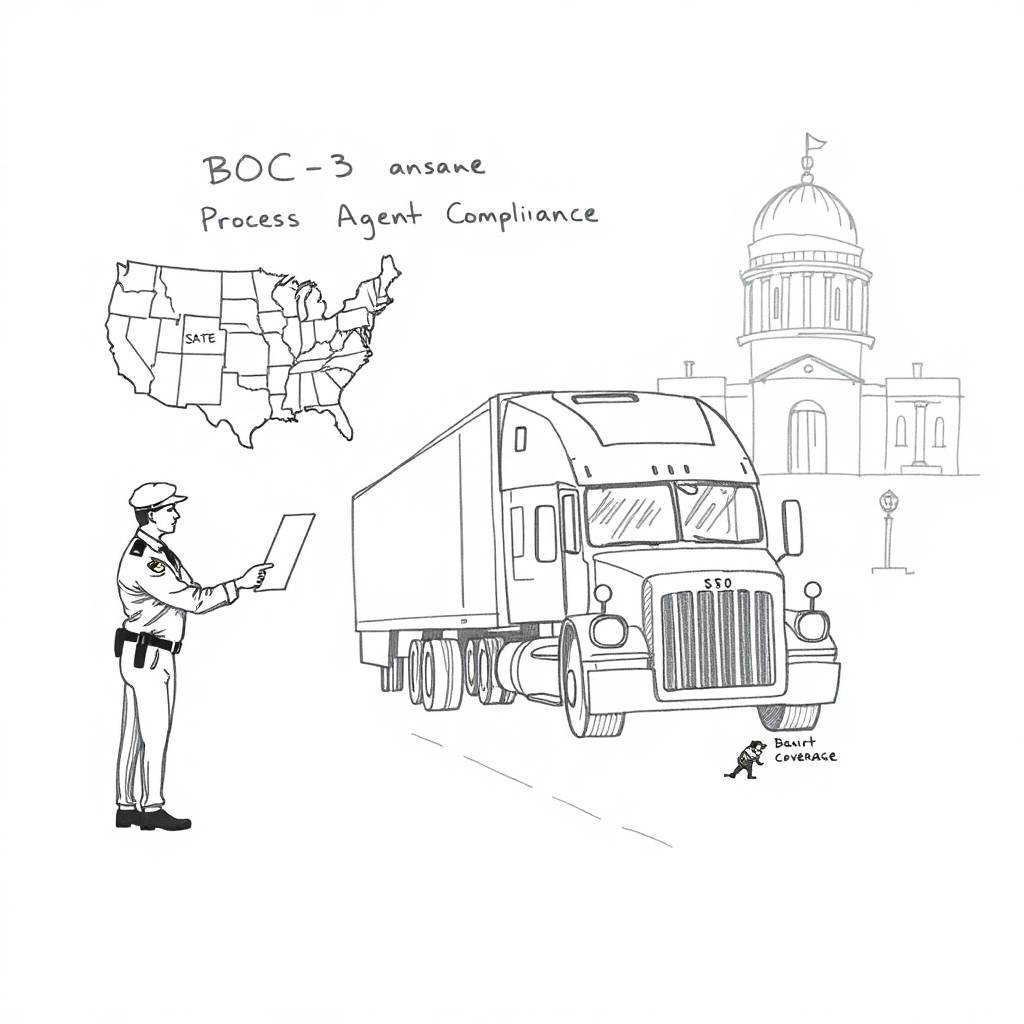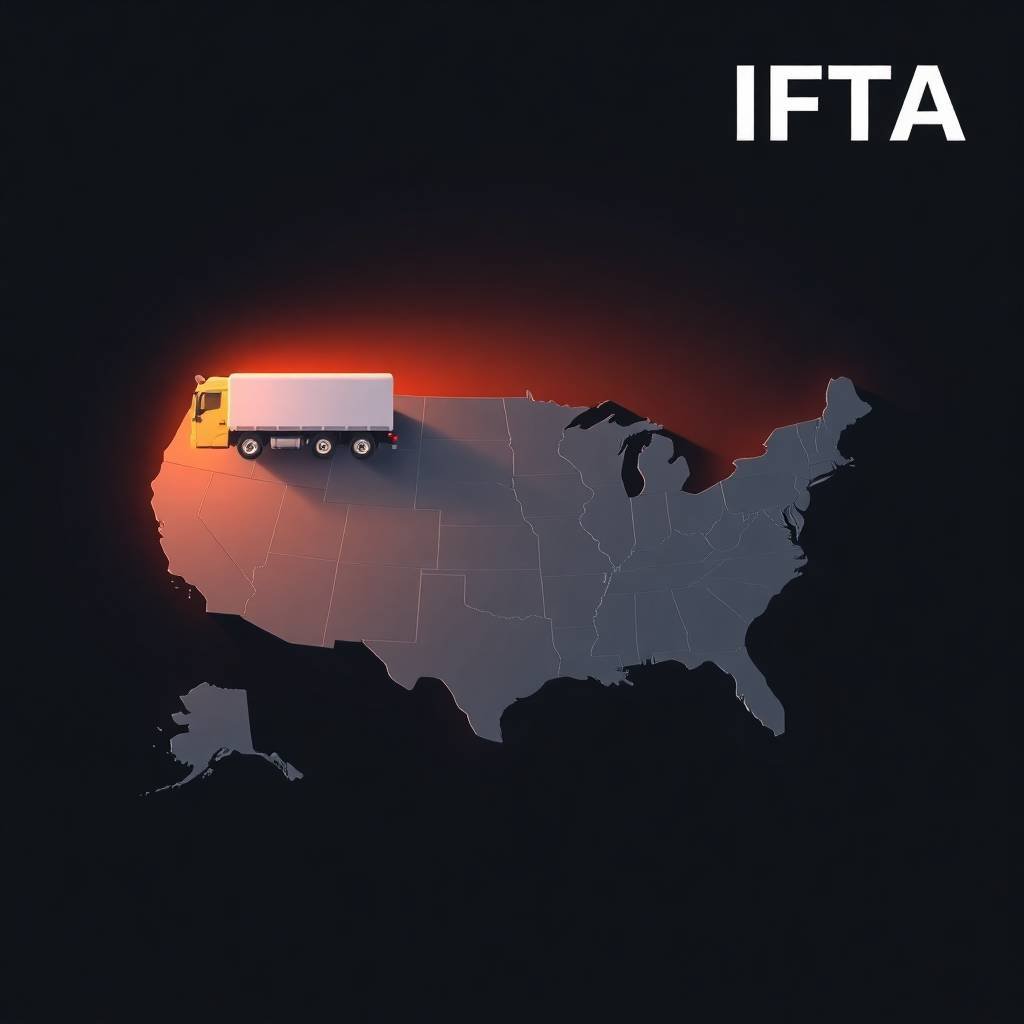CSA Intervention Thresholds: 7 Powerful Tips to Avoid Costly Violations
1. Understand How CSA Intervention Thresholds Are Calculated For motor carriers and owner-operators, CSA Intervention Thresholds are a critical factor in determining compliance with federal safety regulations. The Compliance, Safety, Accountability (CSA) program, managed by the Federal Motor Carrier Safety Administration (FMCSA), uses data-driven insights to identify high-risk carriers based on performance in seven Behavior … Read more









